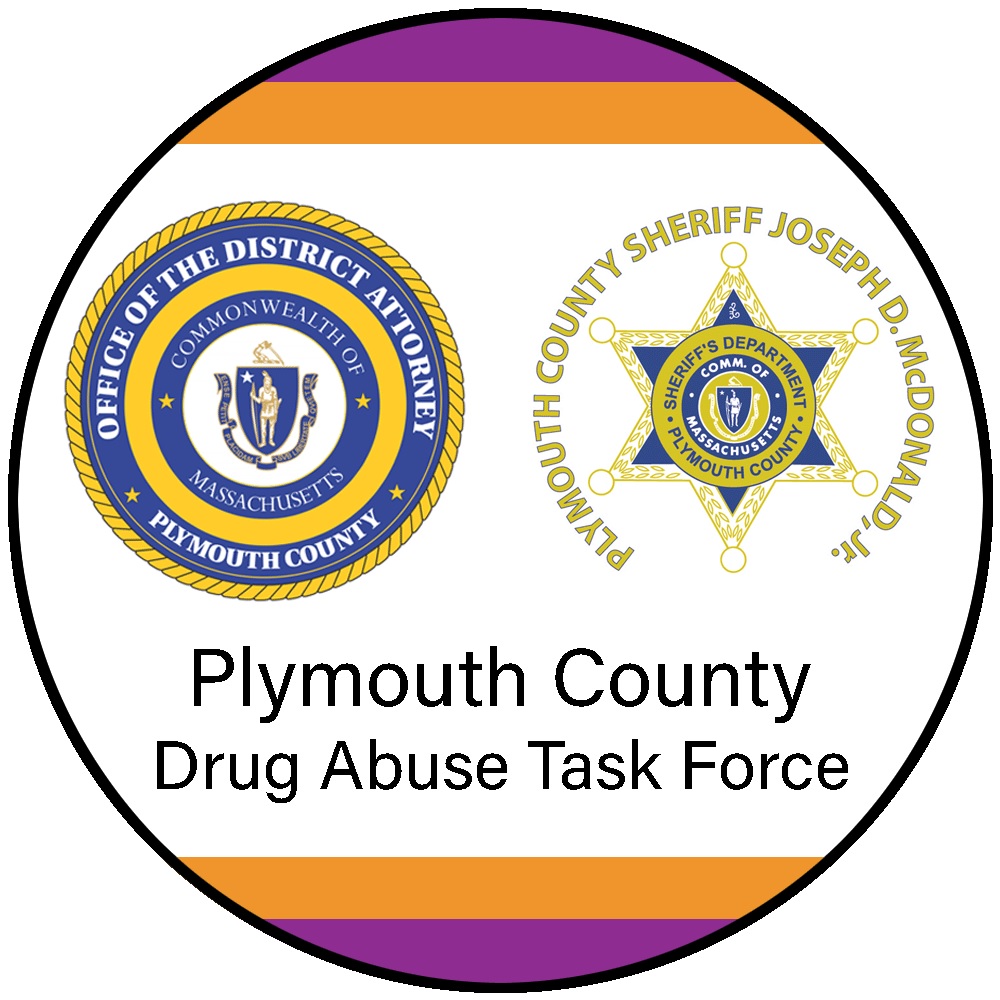On September 24, 2019-Governor Baker implemented a four-month ban on e-cigarettes and vaping products while a nationwide investigation of severe lung disease cases associated with these products takes place.
Resources: MA Department of Public Health
250 Washington Street #1
Boston, MA 02108-4603
Massachusetts Smokers’ Helpline: (800) QUIT-NOW
(7 days per week/24 hours per day, holiday hours may vary) to receive counseling online, by phone or through eChat and at least four weeks of free nicotine patches.
QuitWorks
QuitWorks is a free, evidence-based referral service that connects patients with phone-based counseling through teh Massachusetts Smokers’ Helpline to help them stop smoking.
My Life, My Quit
My Life, My Quit has youth coach specialists trained to help young people by phone or text. Call or test “Start My Quit” to 8-55-891-9989 for free confidential help. For more information or to sign up online, visit mylifemyquit.com
This is Quitting
This is Quitting is powered by truth® is a free and confidential texting program for young people who vape. Young people can text “VapeFreeMass” to 88709 to get started. This service is offered in partnership with the Massachusetts Department of Public Health.
Smoke Free
Learn about different tools to help you quit and tips to help you use them. Live chat support, Quit Plans, Apps, articles and specialized pages of information.
Smoke Free Veterans
Smoke Free Women
Smoke Free Teens
Smoke Free 60+
Smoke Free Español
Vapes and Cigarettes
Different Products, Same Dangers
The Massachusetts Tobacco Cessation and Prevention Program
The Massachusetts Tobacco Cessation and Prevention Program is dedicated to reducing the health and economic burden of tobacco use. With their programs “Get Outraged-make smoking history” and “The New Look of Nicotine Addiction” they offer facts, tips and resources for smokers, vapers, parents, and teachers to quit smoking, or to help someone quit.
617-471-8400
Additional Resources:

Doctors Claim E-Cigarettes Cause Adolescents to Become Addicted to Nicotine
“We’ve seen a real influx in the number of phone calls that we’re getting for kids who need substance use evaluations and, remarkably, we’re seeing a big increase in the number of kids who are coming in specifically to be evaluated for nicotine and Juuling problems.”
– Dr. Sharon Levy, Director of the Adolescent Substance Use and Addiction Program, Harvard Medical School

The Financial Costs of Smoking Tobacco
Tobacco use in the United States contributes to approximately 480,000 deaths every year.
To put this into perspective, 480,000 is more than three times the average number of U.S. citizens who die from a stroke on an annual basis. And this statistic just accounts for those who actually die. Smoking can ruin your health and your life long before ending it. A 2019 report from the CDC states that, “More than 16 million Americans are living with a disease caused by smoking.”

New Data Shows Smoking Can Increase Your Life Insurance Premium by Nearly 100%
Using exclusive data provided by BestLifeRates that featured more than 35,000 life insurance quote projections, LendEDU illustrates what smoking can do to your annual life insurance premium.
Mike Brown11/05/2019
Smoking Among College Students- Maryville University
-As of July 1, 2018, approximately 2,212 U.S. college and university campuses are now entirely smoke-free, according data provided by the American Nonsmokers’ Rights Foundation. A majority of these institutions (1,853 in total) are also completely tobacco free, and 1,790 of them report that they have eliminated the use of e-cigarettes, too.
This is obviously great news for those who are trying to stop this potentially deadly behavior, but why is the issue of smoking among college students so important?
Vape Danger

Resources for Parents About Vaping
In 2018, roughly 1 in 5 high school students reported using e-cigarettes — and as more and more young people begin vaping, their parents are becoming more and more concerned about the health risks. Agencies such as the Centers for Disease Control and Prevention (CDC) and the U.S. Surgeon General made it clear that vaping is not safe for teenagers. For this reason, parents are encouraged to seek out resources and have an honest conversation with their children about the dangers of vaping.
